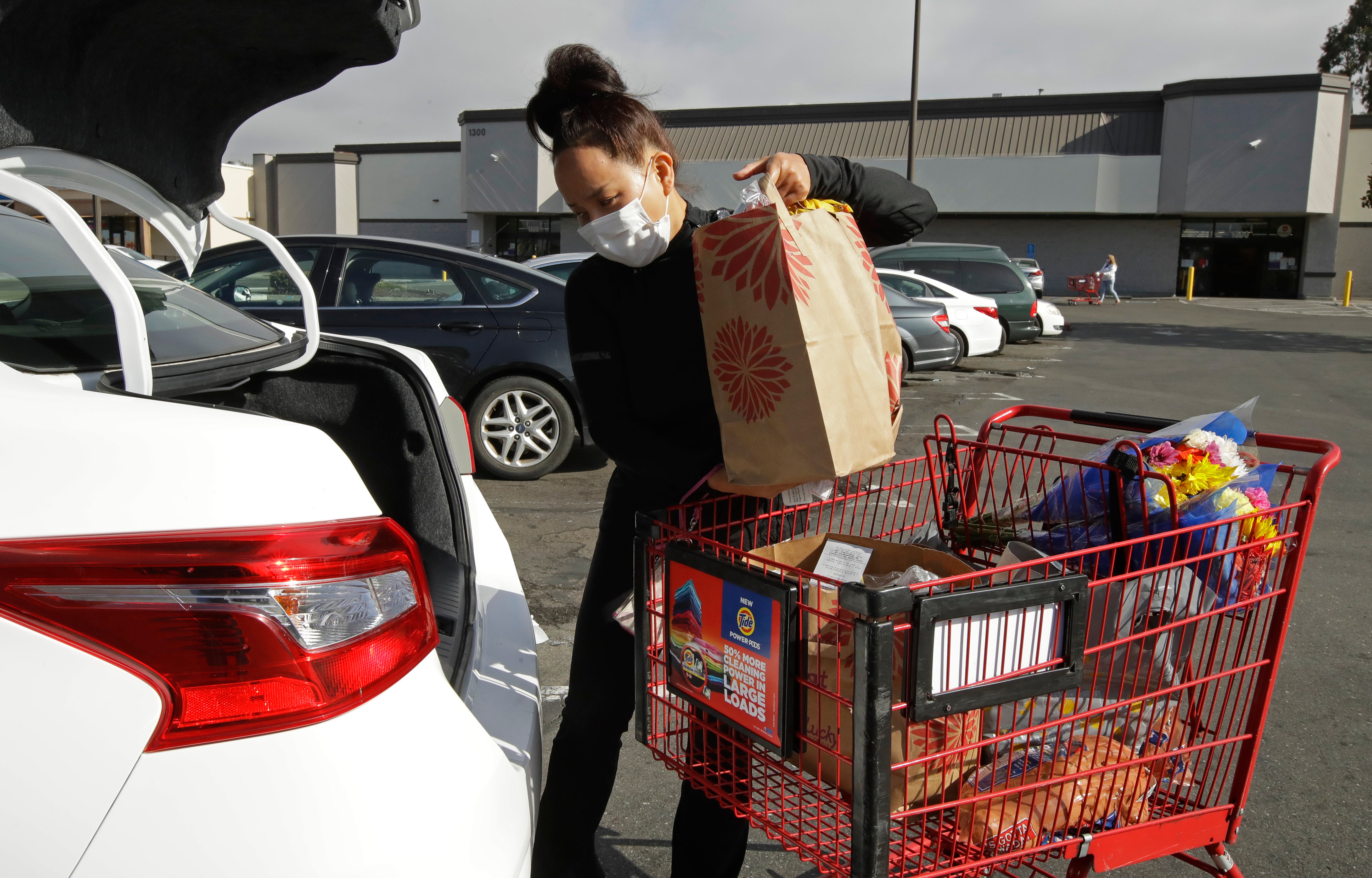Millennial Money: 3 things to know if you’re new to gig work
Many new gig workers aren’t aware of the tax obligations associated with their new status as independent contractors

Your support helps us to tell the story
From reproductive rights to climate change to Big Tech, The Independent is on the ground when the story is developing. Whether it's investigating the financials of Elon Musk's pro-Trump PAC or producing our latest documentary, 'The A Word', which shines a light on the American women fighting for reproductive rights, we know how important it is to parse out the facts from the messaging.
At such a critical moment in US history, we need reporters on the ground. Your donation allows us to keep sending journalists to speak to both sides of the story.
The Independent is trusted by Americans across the entire political spectrum. And unlike many other quality news outlets, we choose not to lock Americans out of our reporting and analysis with paywalls. We believe quality journalism should be available to everyone, paid for by those who can afford it.
Your support makes all the difference.Shutdowns, layoffs and salary cuts brought on by the coronavirus pandemic have left millions of Americans searching for new sources of income Those who’ve recently turned to gig work may be weeks away from a financial surprise in the form of unexpected tax bills and insurance coverage fine print.
“These are the two key items that most new business owners overlook,” says Chris Russell, a San Diego-based certified financial planner who specializes in business owners and the self-employed.
Don’t consider yourself a small-business owner? Well, let’s start there.
TO THE IRS YOU ARE A SMALL BUSINESS
Sure, you’re just running food deliveries. But that simple act makes you a small business in the eyes of the IRS. And that opinion is the only one that counts when it comes to taxes.
“Basically, you’re considered an independent contractor,” says Garrett Watson, a senior policy analyst with the Tax Foundation, a nonprofit organization. “You don’t need to do anything super complicated. You don’t need to incorporate or do anything like that.”
But you do need to pay taxes on any money you earn through gig work. This fact is often an unwelcome, and expensive, surprise for new gig workers. As an employee, income and payroll taxes are automatically withheld from your paycheck. That’s not the case for gig workers, Russell says.
“No taxes are deducted from the money you make as a business owner,” Russell says. “Meaning that you will likely owe a lot of money to the IRS when you file your returns.”
A good rule of thumb: For every dollar you earn doing gig work, save 30% to put toward income and self-employment taxes. Going forward, plan to estimate and pay those taxes quarterly to avoid a penalty from the IRS.
And if you’re thinking “I didn’t earn much. I won’t report it. How will the IRS know?” Don’t. It’ll know.
EXPENSE TRACKING IS YOUR BEST FRIEND
Gig work isn’t all money in the bank. You are incurring expenses, too. Keep track of those as you can likely deduct some of them and lower that tax bill we talked about a second ago.
“Keep good and honest records to take advantage of all deductions that you’re entitled to,” says Ryan Greiser, a certified financial planner in Doylestown, Pennsylvania.
Apps like Stride, Hurdlr and MileIQ automatically track your mileage and expenses, for free or a nominal fee, to help you calculate taxes. Depending on your situation, Greiser says QuickBooks might be worth exploring.
“It is a small investment to track expenses, estimate your quarterly taxes, track your mileage and pay your quarterly taxes online,” Greiser says.
You also want to investigate the nuances of what can and cannot be deducted depending on your slice of gig work, Watson says, pointing to ride-hailing services as an example.
Say you drop a passenger off and drive across town to find your next ride, he says. Can you deduct the cost of gas used in between rides? (You can.)The IRS Gig Economy Tax Center is a good place to find answers to your questions.
INSURANCE CAN BE COMPLICATED
The IRS isn’t the only agency that needs to know about your new income stream. Your insurance agent needs to be clued in, too. Not disclosing your work could get you dropped from your policy in some cases. And, beyond that, your insurance agent can help you understand what aspects of your gig work are covered.
Transporting food or people? You need to know if your personal car insurance policy covers incidents while you’re on the job (It likely won’t.). Rideshare or commercial auto insurance could fill in the gaps.
While the platform you work on might cover you with a commercial policy, it only kicks in under specific circumstances. It’s important to know the details of that coverage.
Uber and Lyft provide commercial coverage for drivers, but it applies only if you have passengers in the car or are on the way to pick up a passenger after accepting a ride. DoorDash provides liability coverage only and just when food is in your car. Grubhub and Instacart don’t provide any commercial coverage for delivery drivers on their platforms.
___________________________________
This column was provided to The Associated Press by the personal finance website NerdWallet. Kelsey Sheehy is a writer at NerdWallet. Email: ksheehy@nerdwallet.com. Twitter: @kelseylsheehy.
RELATED LINKS:
NerdWallet: Self-employment tax: Understand and calculate it in 2020 http://bit.ly/nerdwallet-self-employment
IRS Gig Economy Tax Center https://www.irs.gov/businesses/gig-economy-tax-center